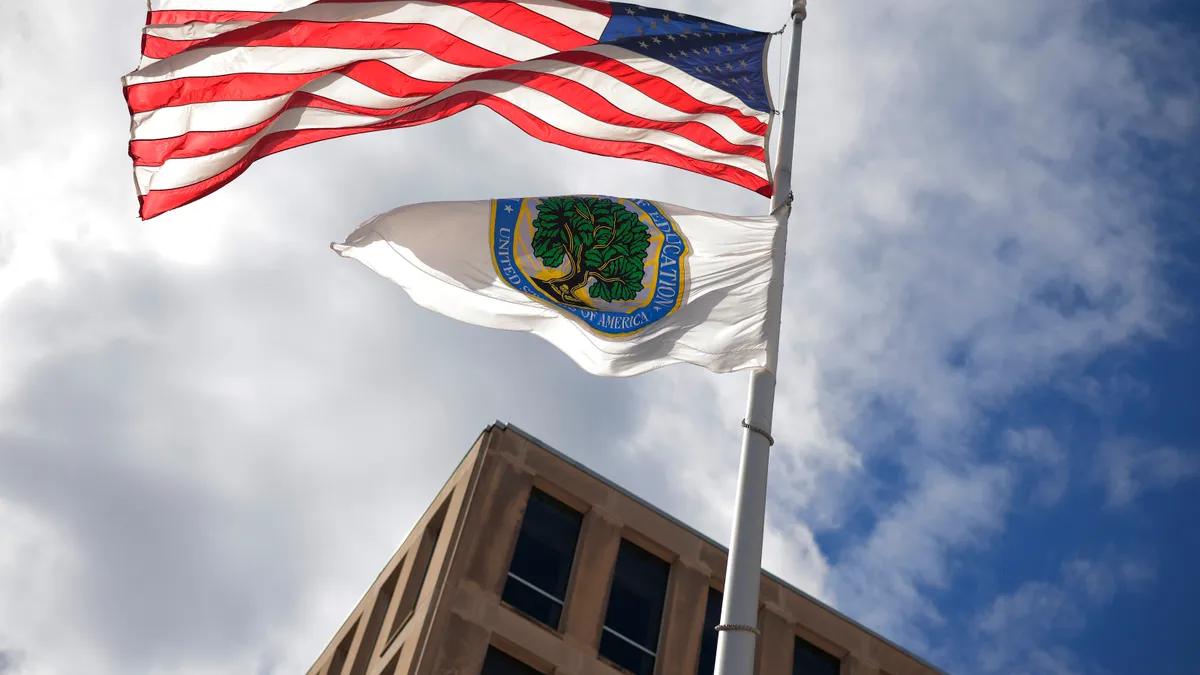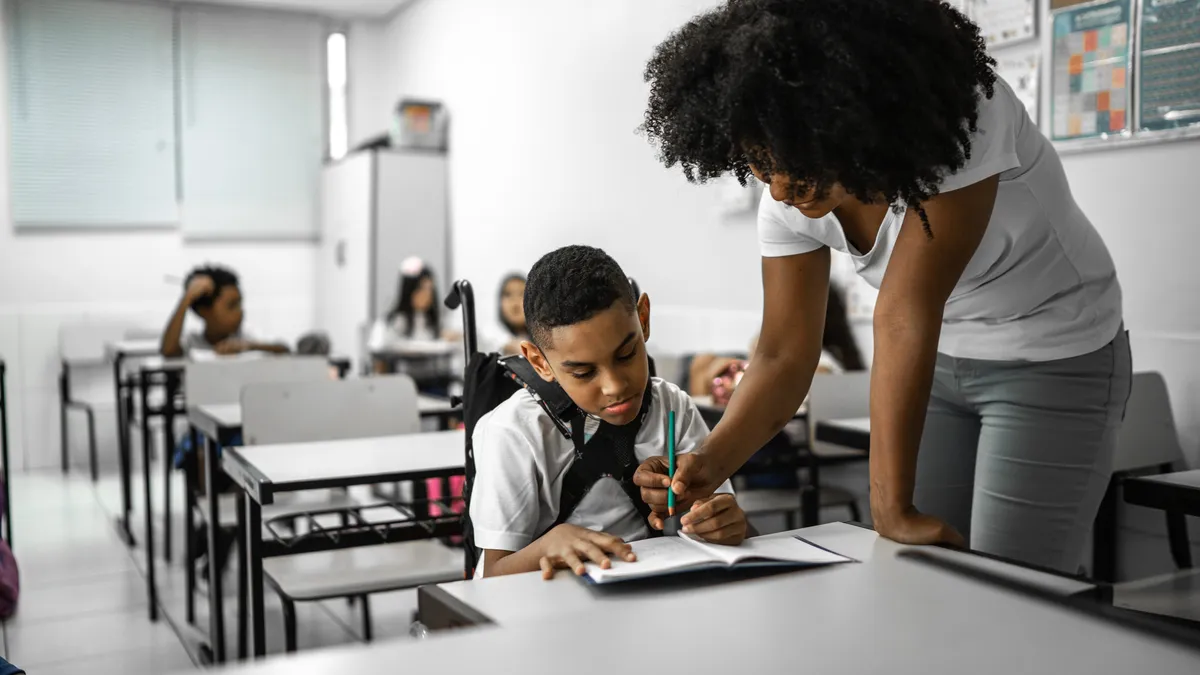Most clicked story of the week:
Since U.S. Immigrations and Customs Enforcement took former Des Moines Public Schools Superintendent Ian Roberts into custody in September for allegedly staying and working in the country illegally, a flurry of state and local activity has followed. The Iowa Department of Education and the state’s Board of Educational Examiners are being audited over their hiring and vetting processes in place at the state and district levels. The state auditor is also reviewing Des Moines Public Schools. At the same time, the district is suing JG Consulting for facilitating the hiring of Roberts in 2023.
The government shutdown’s impact on schools and families
- As the federal government shutdown that began Oct. 1 persisted, advocates for low-income families warned that childhood hunger would increase with an expected Nov. 1 lapse in the Supplemental Nutrition Assistance Program — the nation’s largest federal food assistance program. About 39% of SNAP recipients are children under the age of 18, according to the National Education Policy Center. Some school districts, advocates and policymakers also expressed concern about the sustainability of free- and reduced-priced school meals if the shutdown is not resolved soon. Additionally, access to Head Start services was expected to cease for over 65,000 children in 41 states and Puerto Rico by Nov. 1 due to the funding impasse.
- A federal judge on Oct. 28 extended the pause on the Trump administration’s layoff orders for thousands of federal employees, including those at the U.S. Department of Education, during the government shutdown. Judge Susan Illston, of the U.S. District Court for the Northern District of California, called the firings “likely unlawful” in her order issuing a preliminary injunction. In the second wave of mass firings under the Trump administration this year, the Education Department sent reduction-in-force notices during the shutdown to 465 employees who were represented by the American Federation of Government Employees, according to Illston's Oct. 28 order.
- In total, about half of the Education Department’s staff has been cut by the Trump administration this year, according to an analysis released Oct. 28 by the Center for American Progress. And while a preliminary injunction is currently pausing the latest layoffs, CAP said it’s likely the Trump administration will appeal that court order. “If the Trump administration ultimately moves forward with this reduction, the offices that support the education of roughly 50 million K-12 students by enforcing civil rights laws and overseeing funding distribution for Title I schools, special education, rural schools, and more will be left with little to no staff,” CAP’s analysis said.
Guardrails emerge for AI use among children, teens
- Starting Nov. 25, children and teens under 18 will be banned from using a primary chat feature on a popular app — Character.AI — that allows people to develop relationships with artificial intelligence companions, the company announced Oct. 29. The move comes as lawsuits have targeted the app for leading to children's suicide or attempted suicide. Likewise, with research signaling the emergence of problematic relationships between students and AI companion tools, youth media safety and mental health organizations have strongly advised that anyone younger than 18 avoid apps that encourage such relationships, because they could pose serious mental health risks to students.
- The day before Character.AI’s announcement, five senators from both sides of the aisle introduced the Guidelines for User Age-verification and Responsible Dialogue Act, or GUARD Act. The bill would ban minors from interacting with AI companions, require the disclosure of these tools’ nonhuman status and establish "new crimes" for companies that develop AI tools for minors that solicit or create sexual content.
- Two-thirds of students in grades 6-12 agree that there are significant benefits for AI use in the classroom and that the tool could significantly improve their educational experience, according to a recent Project Tomorrow survey. School policies appear to be lacking on AI use as some 61% of students said they didn’t know or were unsure if their schools had policies on using AI for schoolwork.













